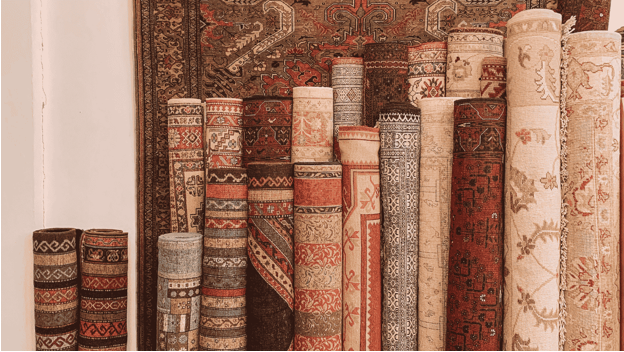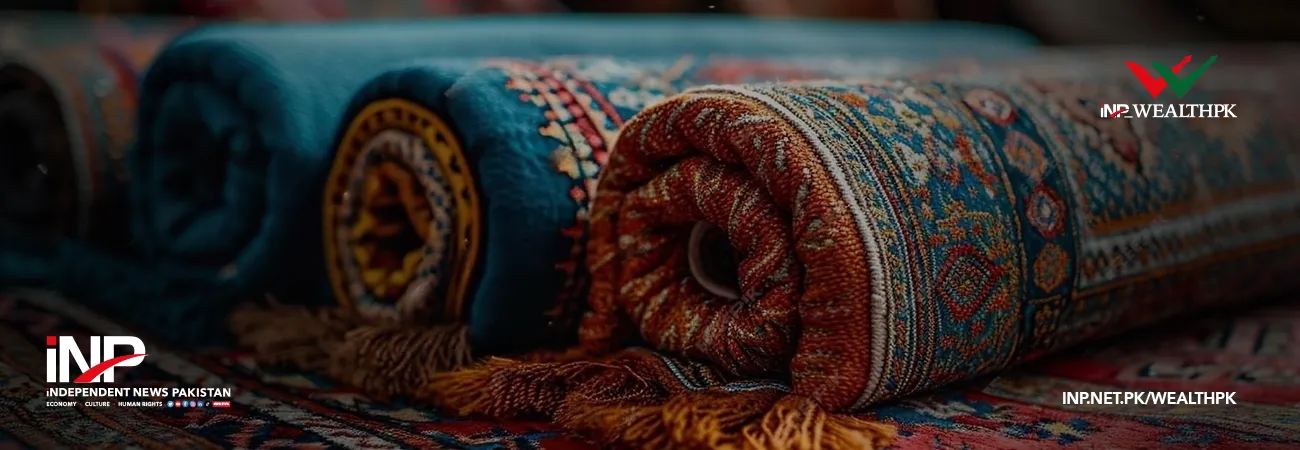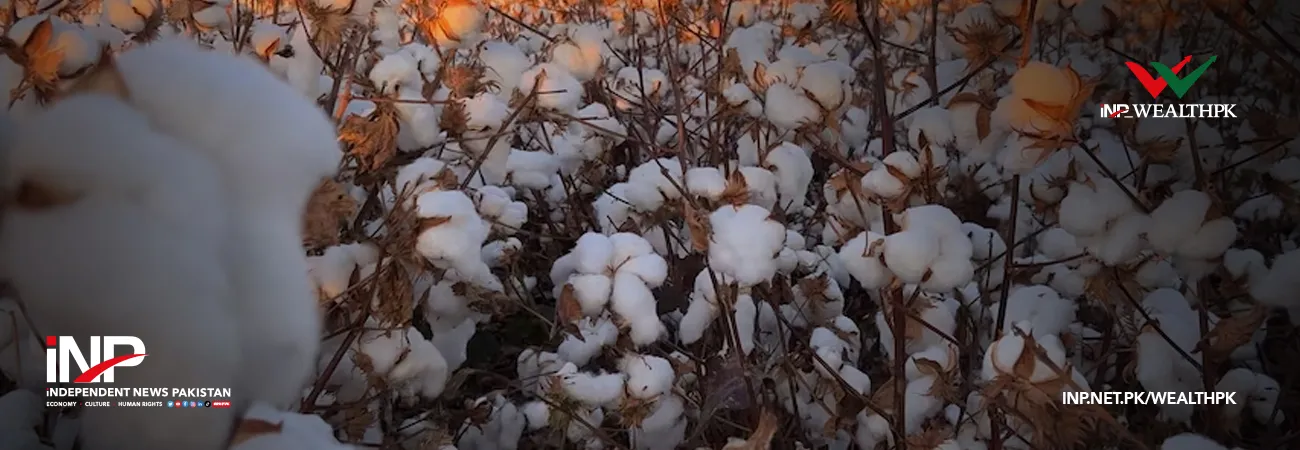آئی این پی ویلتھ پی کے
Muhammad Saleem
Pakistan’s carpet industry is grappling with material shortages following the closure of the Torkham border, which has disrupted supply chains and left manufacturers struggling to maintain production schedules.
Different styles of handmade carpets are imported from Afghanistan in semi-finished form and given final touches in Pakistan before being exported to international markets. With the suspension of cross-border movement, local exporters are finding it increasingly difficult to secure the raw materials needed to fulfill existing orders.
Exporters warn that if the situation at Torkham remains tense, Pakistan could start losing export orders within weeks. Speaking to Wealth Pakistan, Malik Abdul Latif, Patron-in-Chief of the Pakistan Carpet Manufacturers and Exporters Association, said prolonged disruption could seriously damage the industry. “If the situation continues indefinitely, goods simply won’t arrive.
Some items come exclusively from Afghanistan, including Khurjin and Sultani Designs — high-quality products that are integral to our exports,” he noted. He explained that every region has its own traditional patterns and weaving culture. “Pakistan’s distinctive styles, such as Mohri, Jaaldar, and Sutri, are unique and highly valued abroad,” he added.
Latif said Afghan buyers often prefer to come to Pakistan to source materials because they can find all items in one place, while international customers avoid traveling to Afghanistan due to security concerns. “Afghanistan also lacks a proper banking system. Only shipments to Turkey via Iran are feasible, while sending containers directly to other destinations is very difficult,” he pointed out. He said that direct exports from Afghanistan to the U.S. or Europe take longer and cost significantly more in freight and logistics.
“Both Pakistan and Afghanistan are interlinked through trade and tradition. We hope the situation improves soon,” he added. Emphasizing national interest, Latif said: “Pakistan comes first. If Pakistan stands strong, our businesses will survive. We will not trade with anyone harming our country, no matter the cost.” He clarified that the domestic carpet segment has not been affected so far. “We are using locally sourced materials for our own production, so there’s no immediate disruption. However, Afghan manufacturing inputs are on hold for now.
The border closure cannot last indefinitely; trade will eventually have to resume,” he said. He added that most essential materials had already arrived about fifteen days before the closure. “As soon as the border reopens, supplies will normalize. So far, there hasn’t been any serious impact on production,” he claimed. Another exporter, Muhammad Ashraf, told WealthPK that if the current standoff drags on, Pakistan’s overall carpet exports could be affected by up to 30 percent.
“Even if the border opens by the end of November, we will be fine — our products don’t spoil,” he said. “We are largely self-sufficient. The wool comes directly from Siberia, and all dyeing, washing, and finishing are done here in Pakistan. Our banking and logistics systems are functional, so the real loss is on Afghanistan’s side, where many weavers and laborers are now idle. But if the situation persists, it will start affecting us too.”

Credit: INP-WealthPk











